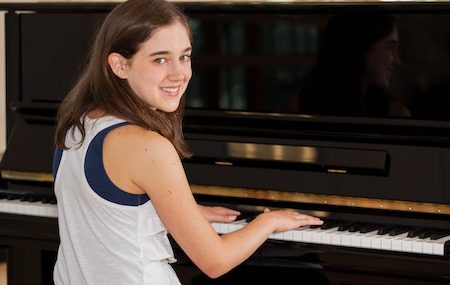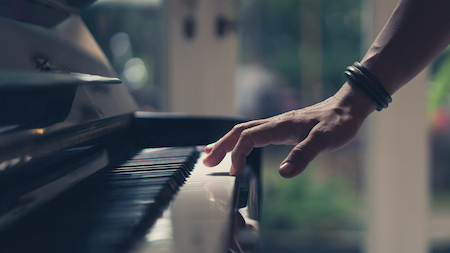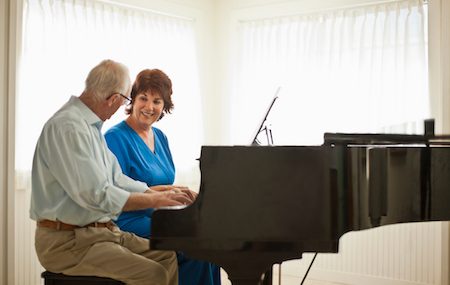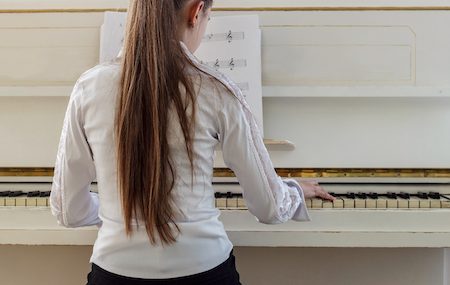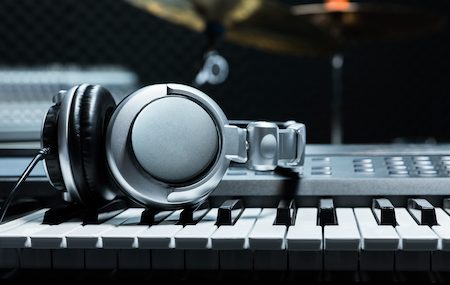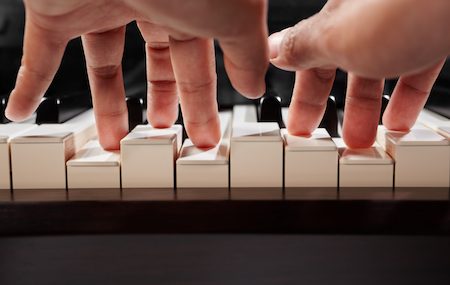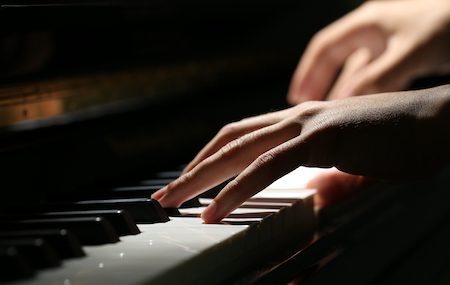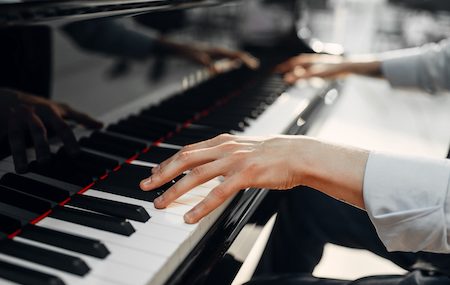Understanding how humidity affects your piano starts with understanding how humidity impacts wood.
Wood products that are subjected to high amounts of humidity will be susceptible to expansion due to excess moisture in the air. As moisture penetrates the wood, it causes it to swell or expand. If they are exposed to an excessive amount of moisture for extended periods of time, they may not return to their original size.
Your piano is made up of thousands of pieces crafted from wood, felt, wool, and metal. If any of these materials receive too much moisture, they will all change accordingly. But what happens if any of these parts do change?
Pitch and tone
The first part impacted on a piano will be the soundboard, the single largest structure of the piano. Think of this as the speaker of the piano, the part required for producing proper tone. It’s designed to have a slight curve. But if the curve changes due to humidity, it can have a profound impact on the tone. If humidity drops and the soundboard shrinks, it can flatten out the tone. If it absorbs too much humidity, it can swell and allow the pitch to go sharp.
Action
There is a complex inner working of parts to have the keys connect with the strings to produce sound. This process is called the action. To ensure this process stays in good working condition requires regular adjustments called regulation. If humidity changes the structure of the piano, precision is lost in the action. If it’s not regulated regularly, it can change the action enough that replacement is the only way for correction.
Keys
Each key is placed precisely into the keyboard to keep it working well. Humidity can change the space between the keys, causing them to become tight and not fit very well. If they stick and have trouble playing, it might be because of humidity.
Noises
As humidity impacts wood furniture, it causes squeaks, rattles, and other noises as you open drawers, close doors, and move the item around. Pianos work similarly. As parts are impacted by moisture, they no longer work as designed. This can cause a host of noises that run counter to the music you’re producing.
Corrosion
It’s not just the wood that will be impacted. The strings on your piano are responsible for producing the sound. With humidity changes, these metal strings can rust and corrode. That means they won’t move as designed, and won’t hold tuning.
If humidity is a problem, and impacts the inside of your home regularly, there are ways to regulate humidity levels around your piano.
Ask us how!

